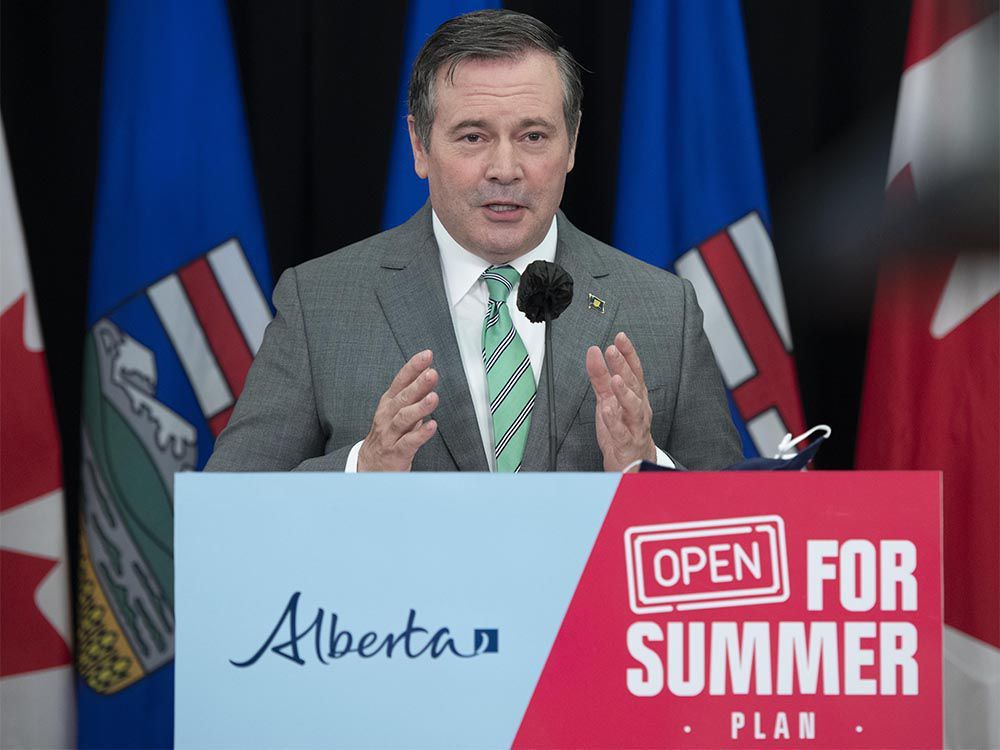KevinB
Army.ca Relic
- Reaction score
- 29,343
- Points
- 1,260
I'm not disagreeing with you there - I was just pointing out reality.Ah yes, democracy.
democracy is the worst form of government – except for all the others that have been tried.
In one specific economic theory yes, in others no.Still works on free market principles.
Individuals who reduce their carbon output spend less on the carbon tax, and get back the same amount, which means more money in their pocket.
Individuals who do not get back what they spent on the carbon tax, less money in their pockets. It behooves people the reduce their carbon output if they want more money come tax time.
So it changes behavior while still not hurting the little guy.
The end of the day the individual has little choice on carbon tax - they buy what they need/want.
The supply/manufacturing sector is where the carbon tax issue truly cones into to play.
You where the one who made the Company A versus B argument initially.Your premise if flawed. There are still multinational and local businesses in Canada who this applies to. This situation doesn't make every company in Canada company A, to state otherwise is asinine.
My point was it was not so black and white - and the true odds where something like a Company C that will defeat the Carbon Tax but manufacturing overseas is a lot more plausible for many industries than you believe.
Yes you are - but don't feel bad, you are just a representative.Asinine.
Still asinine.
I worked briefly in the Energy sector - I went back to Iraq as the face that companies put on publicly make me sick when I saw what was actually going on - and rather than become an ecoterrorist, I decided to get back to the business of war.There are energy companies that were developing more climate friendly ways of resource extraction before the carbon tax, and they have only accelerated research since the carbon tax. The energy industry in Canada has made it clear that they want to be amongst the most ethical and green energy extraction companies on the planet. And with many of them still working in Canada, its stupid to say that they offshore their production. And this applies to companies as a whole. You make it sound like the carbon tax went into effect and every company took off to other countries. The carbon tax has been in effect in many provinces since the mid 2000s and guess what? Still multinational and local businesses operating there.
Certain industries can, and some cannot. A lot of European countries have exceptionally high tax rates too, I am not sure that is something to want to emulate...Look to Europe. France, UK, Norway, Sweden, Finland, Poland are amongst the nations with a carbon tax, and they still have multinational and local businesses working under the same premise. So I reject your notion of companies simply moving away to escape it as a widespread phenomenon.
I never said it was useless, I pointed out as have others, that the Western nations are not nearly the biggest issue for direct creation - but they are a major issue - as the consumer in the West contributes massively to the carbon emissions of the largest polluters (cough China cough).Companies that adapt best to the premium so they do not need to pass it on to consumers will do better than companies that do not. That's how the free market works. And compared to other more interventionist methods of tackling carbon emissions, a carbon tax is amongst the most efficient and simply ways to do it.
Unless you can think of another? But you don't. You shit all over the carbon tax but do not bring any replacement to the fore. You simply say that its useless despite the fact that its already doing what it set out to do. And that's why I don't take it seriously. If there is another way to reduce emissions by 30 to 40 percent by 2030, be my guest and share them, otherwise...
If We as Westerns consumed less, and did more ethical purchases then it would be less of an issue - but gain we go back to my point about the average voter having the attention span of a gnat - and the fact we consume way beyond our own needs.
The two major problems are 1) the indirect creation - and that is something I personally don't have a clue on how to stop - 2) the other problem is global development - and removal of wetland carbon sinks - too many areas are being built up - and it is releasing that carbon, and failing to trap more.
The end of the day, there needs to be a GLOBAL culture shift to do anything meaningful - a carbon tax in Canada isn't going to do diddly in the grand scheme - and while it can be great to be a roll model - there needs to be pressure on the worst offenders (again see China) before anything that actually means more than a hill of beans.




